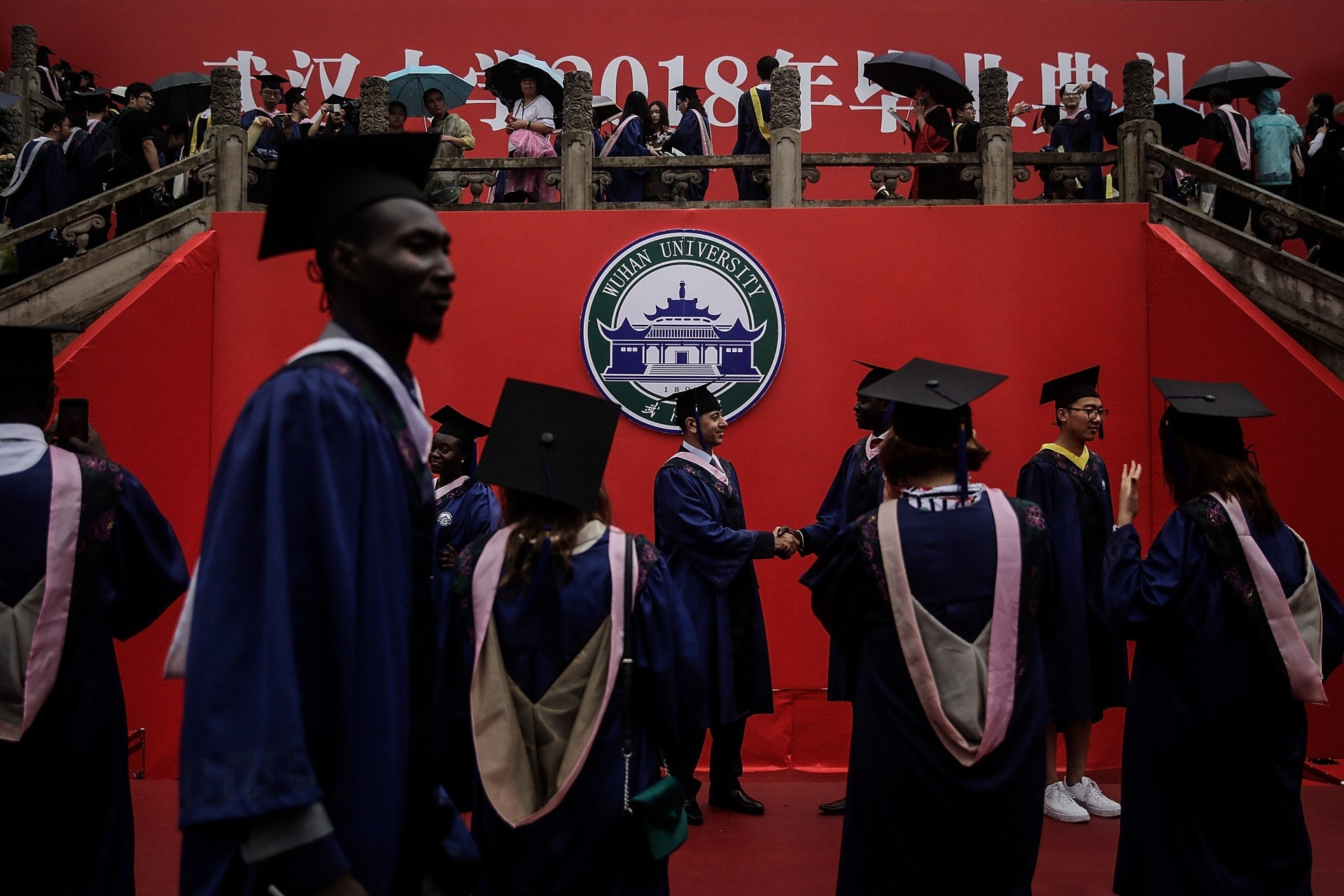Mandarin has become popular on the African continent today, and many Africans hope to enhance the prospects for economic employment, because the future development of the region is likely to become more and more important with China. This is not unrelated to China’s investment in the region for some time.
In the past two decades, China’s presence in Africa has become stronger and stronger. China provides funds to African countries to build infrastructure such as highways, dams and airports. According to the Johns Hopkins SAIS China-Africa Research Program, since 2000, China has provided more than US$143 billion (over HK$1.1 trillion) in loans to African countries. China’s local investment is mostly from the energy, transportation and mining industries.
At the China-Africa Cooperation Forum held in Beijing in 2018, Chinese President Xi Jinping announced that he would provide an additional 60 billion U.S. dollars (about 470 billion U.S. dollars) to the African continent. Many African young people see the huge influence of Chinese funds, which is expected to improve the local economy and employment prospects. There will be more incentives for learning Putonghua.
According to the 2016 African Development Employment Report of the African Development Bank, about one-third of the 420 million young people between the ages of 15 and 35 are discouraged by unemployment, and another third have insufficient skills and do not match the labour market. Chinese-funded companies are major foreign economic and trade partners in Africa, and many young people want to join them.
For Africans who are interested in learning Chinese, in addition to attending classes in the local area, it is also a good opportunity to study at universities in China. In recent years, China has become the most popular overseas study destination in the English-Speaking African Countries and has surpassed English-speaking countries such as the United Kingdom and the United States. Some of the students are studying at their own expense, and many students have obtained scholarships from China to go to China. Due to the increasing number of students interested in further studies in China, China offered 30,000 scholarships to African students in 2018. Many African students who have gone to China for further studies hope to establish personal connections and find more opportunities in China-Africa economic cooperation in the long run.
The ensuing problem…
In the context of Putonghua becoming a trend, Faith Wanjiku Mworia believes that the arrival of the Chinese has indeed created a lot of opportunities for Kenyans, but there are also some problems that come with it.
She pointed out: “Some people complain that Chinese companies are harsh. In the end, this is because there is a lack of understanding of Chinese culture. Of course, the Chinese do not know much about Kenyans, so there is a conflict. The government should use rules to protect the people while avoiding The Chinese are too involved.” Benson Kawangire, who is nearly 30 years old, works as an interpreter at a Chinese construction company and is working hard to learn Chinese to broaden his work prospects. When he first came to China, he didn’t even know a Chinese character. “Chinese is really difficult to learn. The most difficult part is reading.” He is satisfied with his work and salary, and he also admits that the biggest between Kenyans and Chinese. The difference is the concept of time. The Chinese believe that punctuality is very important.
China’s investment development in Africa has also encountered many problems, such as the lack of transparency and violation of regulations by Chinese-funded enterprises. By promoting Mandarin and strengthening cultural soft power, China is expected to exert its international influence. In addition, China’s sustainable and mutually beneficial cooperation with African countries can deepen mutual understanding and strengthen relationships in the future.












